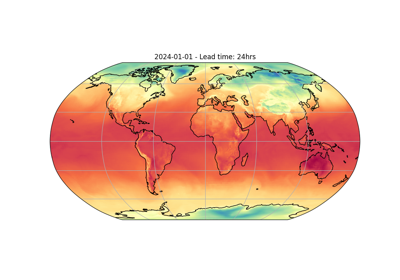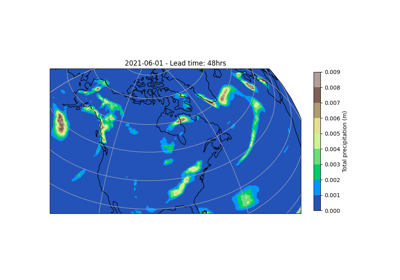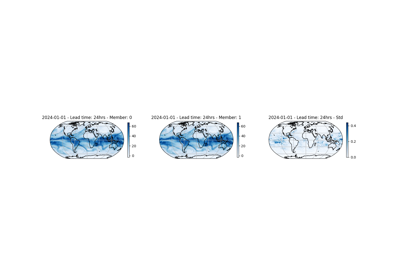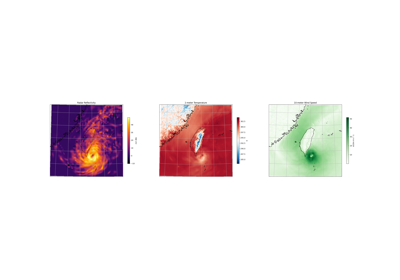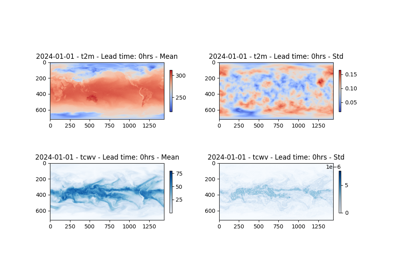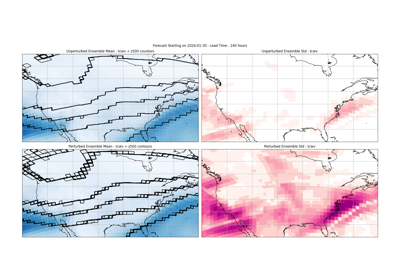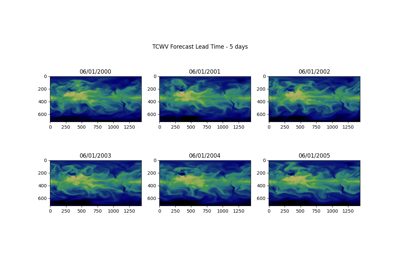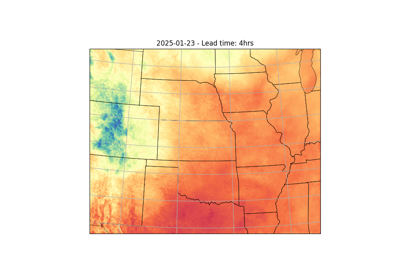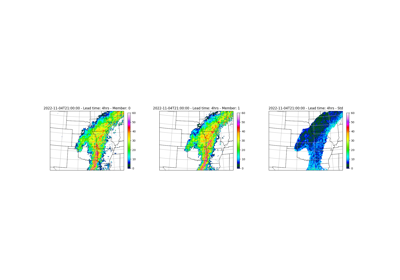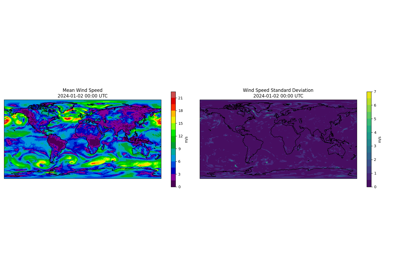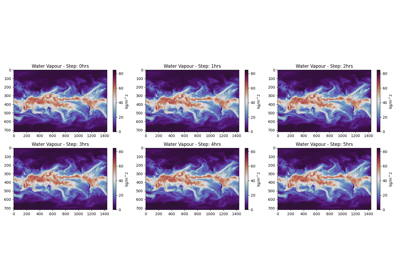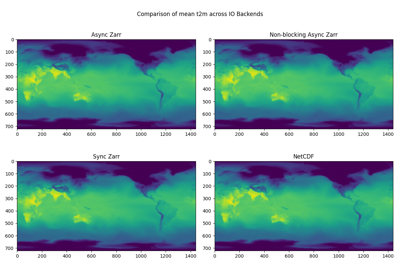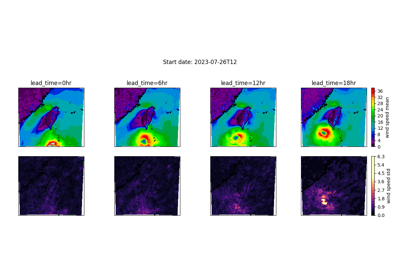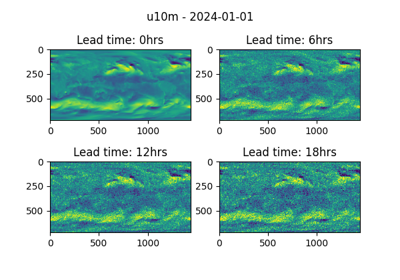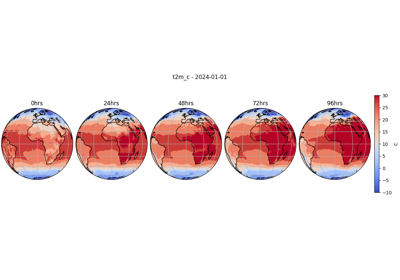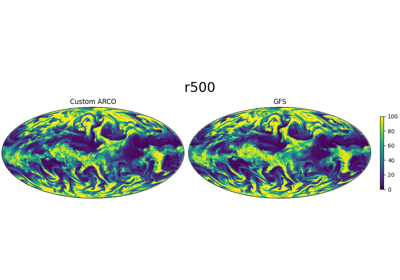earth2studio.io.ZarrBackend#
- class earth2studio.io.ZarrBackend(file_name=None, chunks={}, backend_kwargs={'overwrite': False}, zarr_codecs=None)[source]#
A backend that supports the zarr format.
- Parameters:
file_name (str, optional) – Optional name to provide to the zarr store, if provided then this function will create a directory store with this file name. If none, will create a in-memory store., by default None
chunks (dict[str, int], optional) – An ordered dict of chunks to use with the data passed through data/coords, by default {}
backend_kwargs (dict[str, Any], optional) – Key word arguments for zarr.Group root object, by default {“overwrite”: False}
zarr_codecs (CompressorsLike, optional) – Compression codec to use when creating any new arrays. Only effects Zarr 3.0. If None, will use no compressor, by default None
Note
For keyword argument options see: https://zarr.readthedocs.io/en/latest/api/zarr/index.html#zarr.group
- add_array(coords, array_name, data=None, **kwargs)[source]#
Add an array to the existing zarr group.
- Parameters:
coords (CoordSystem) – Ordered dict of coordinate information.
array_name (str) – Name to add to zarr group for the new array.
data (torch.Tensor | list[torch.Tensor], optional) – Optional data to initialize the array with. If None, then the array is NaN initialized (zarr default). Can also pass a list of tensors, which must match in length to the list of array_names passed. If a list of tensors is passed, it is assumed that each tensor share coords.
kwargs (Any) – Optional keyword arguments passed to zarr dataset constructor.
- Return type:
None
- write(x, coords, array_name)[source]#
Write data to the current zarr group using the passed array_name.
- Parameters:
x (torch.Tensor | list[torch.Tensor]) – Tensor(s) to be written to zarr store.
coords (OrderedDict) – Coordinates of the passed data.
array_name (str | list[str]) – Name(s) of the array(s) that will be written to.
- Return type:
None


